1 year ThinkPad Museum
One year ago today the first episode of the ThinkPad Museum podcast was released - at the same time this website went online. A lot has happened since then, as this review summarises.
Episodes
This year 10 episodes from different categories were published:
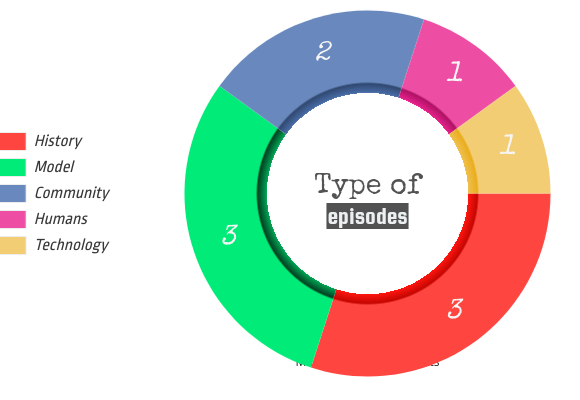
A total of 9 hours of content was published, which was downloaded ~5,000 times in total.
The first four episodes laid the foundation stone for later episodes of the podcast. In these episodes, the historical basics necessary to enter the ThinkPad universe were explained.
According to total downloads, the following episodes are the top 3 episodes:
- TPM001 - IBM: ein Kurzprofil (760)
- TPM002 - Die ersten tragbaren Computer (550)
- TPM007 - Richard Sapper (490)
However, the 30-day average, which looks like this, is more meaningful:
- TPM008 - 3xx-Serie (220)
- TPM009 - UltraBay (210)
- TPM007 - Richard Sapper (180)
In November, there was an average of 360 downloads or 310 listeners. Published episodes usually achieve up to 150 downloads within 24 hours.
The format is listened to in 20 countries - in addition to the DACH region, the USA, Italy and the UK are the top countries.
Unsurprisingly, Apple Podcasts and AntennaPod are among the most popular podcatchers:
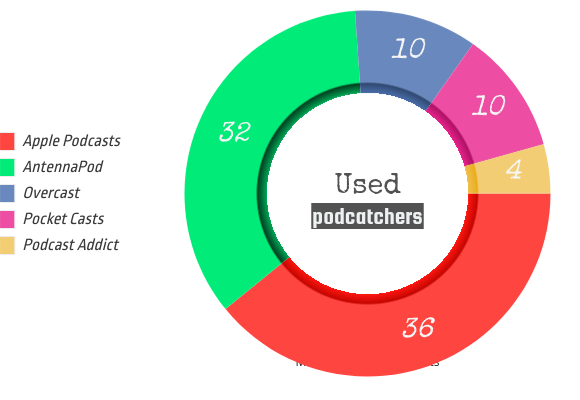
43% of listeners use an iOS device, 40% are on Android.
Spotify is rather uninteresting for the audience. In one year, 430 downloads were made by 70 listeners, 40 followers follow new episodes.
The format was rated 3x with 5 stars on Spotify - on Apple Podcasts 6 ratings ensure a 4.8/5 rating - thank you very much for that! 🎉
In general, the feedback is always friendly and of high quality - this helps me to improve future episodes. The matrix chat often results in exciting conversations.
New additions
In total there were 39 new additions of various kinds:
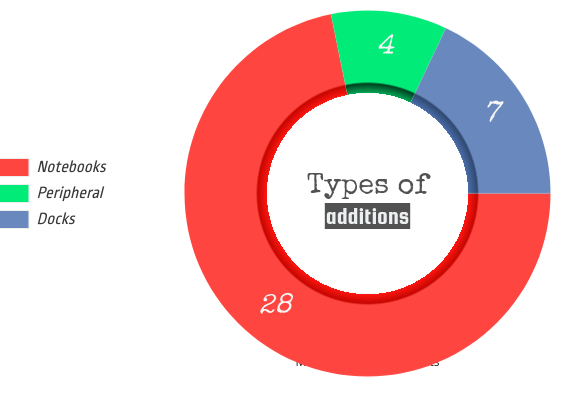
I would like to highlight some of them:
With the LS120 and Zip 100 floppy, two UltraBay floppy drives have joined the collection that support the SuperDisk and ZIP format. The first drive also supports conventional 1.44 MB discs in addition to the 120 MB media. The ZIP drive only supports the short-term ZIP media.
IBM Mainframes have long used ThinkPads as management units (Support Element). These devices are popular collector’s items, which are usually in optical top condition even after a long period of use and have unusual configurations. As a rule, they have a solid CPU configuration, but do without SSDs, powerful GPUs, licence stickers, Bluetooth, webcams, high-resolution screens or built-in batteries. The operating system is usually a special mini-Linux with mainframe-specific management software. Disguised as T520, one such device came to me this year.
In June, a big dream came true for me: I came across a partially restored 701C - probably the most iconic and best-known ThinkPad of all time. It’s a very desirable collector’s item and hard to get in usable condition. Probably the most striking feature is the TrackWrite keyboard, which extends automatically when opened and is usually called the Butterfly Keyboard. Later, I even came across a second such device - this time in its finished state.
After a presentation about ThinkPads at the MRMCD, I was donated a ThinkPad Tablet including Docking Station and keyboard cover. It is the only business tablet with Android to date and was only produced for a short time.
A short time later, the W700ds, a no less rare device, was donated to me. It is a 17‘ workstation with two screens - the second 10.6’ screen can be pulled out of the display lid on the right as required. The concept is curious and was only produced for just under 2 years. The devices are extremely rare and hard to come by.
The number of donations has increased this year, less had to be bought. The expenses on hardware has halved compared to the previous year:
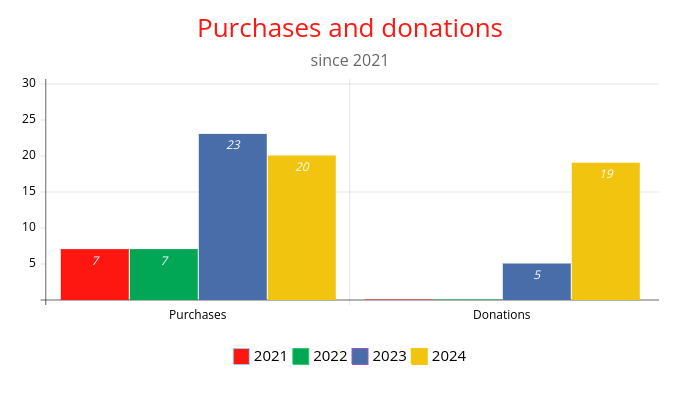
The museum on the road
I had the honour of speaking at three conferences about the hobby and the museum:
- FrOSCon 2024: ThinkPads - Geschichte und Nerdkultur (🇬🇧English slides)
- MRMCD 2024: ThinkPads - Eingabegeräte und Kuriositäten (🇬🇧 English slides)
- SUBSCRIBE 11: ThinkPad-Museum - Wie man einen (Retro-)Podcast from scratch startet (🇬🇧 English slides)
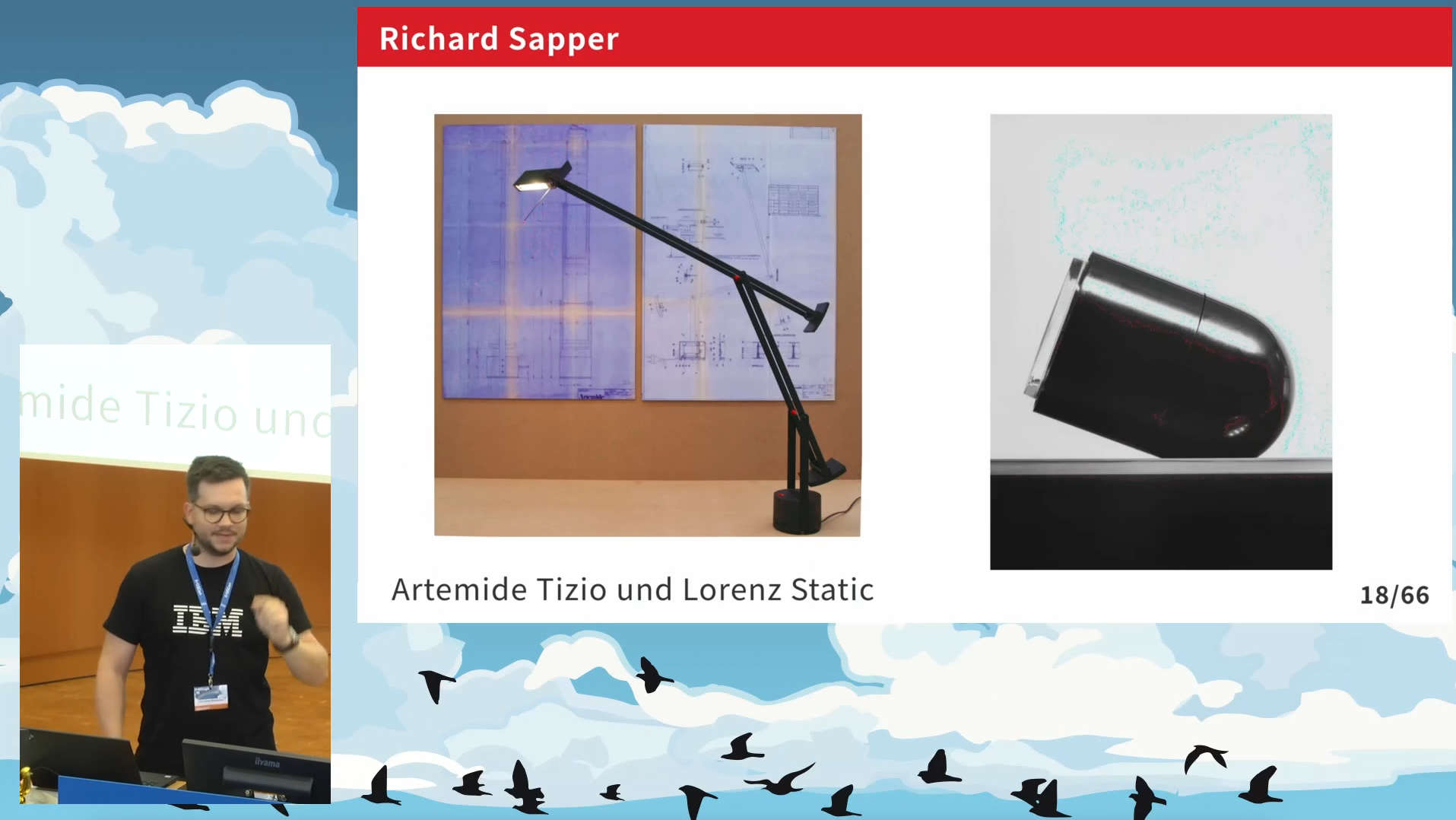
I was also a guest on three podcasts to discuss the topic in more depth:
- Besser Wissen-Podcast: Ein denkwürdiges Notebook - Wie das ThinkPad die Welt eroberte
- TechnikTechnik-Podcast: TT192 - ThinkPads, Geschichten und Kuriositäten
- Engineering Kiosk-Podcast: Die ThinkPad-Faszination: Technik, Design und Nostalgie mit Christian Stankowic vom ThinkPad Museum
The podcast has also been part of the wisspod - Wissen{schaft}spodcasts database for several months.
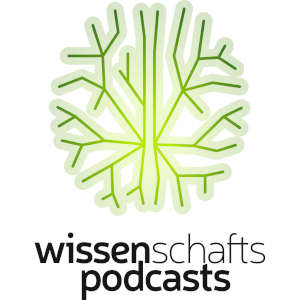
Outlook
I am very satisfied with the first year of this niche project. There has been great feedback in the form of friendly messages, interesting conversations and thoughtful donations. The episodes are being downloaded more frequently than originally expected.
For the next year I have defined the following goals:
- finally enrich the website with photos of the devices
- to offer a flea market for the exchange of hardware within the community - for example, I am often offered hardware that I already own myself
- also publish the podcast episodes on a video platform for secondary use - the chapter pictures in particular could be shown to greater advantage here
- produce more technical episodes
Finally, I would like to thank you above all. Thank you for reading the content and listening to the episodes - your feedback and loyalty mean a lot to me! 🫶🏻